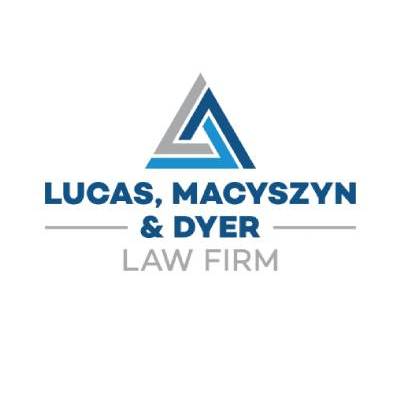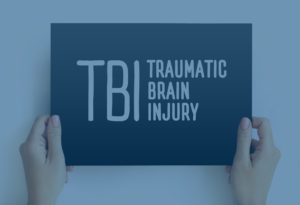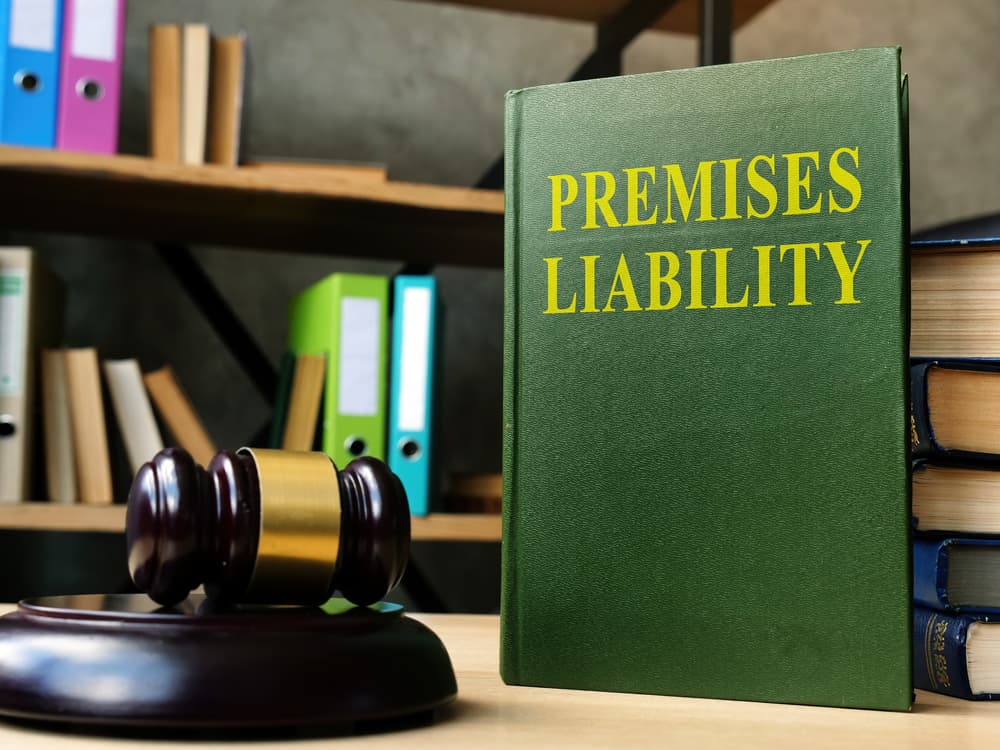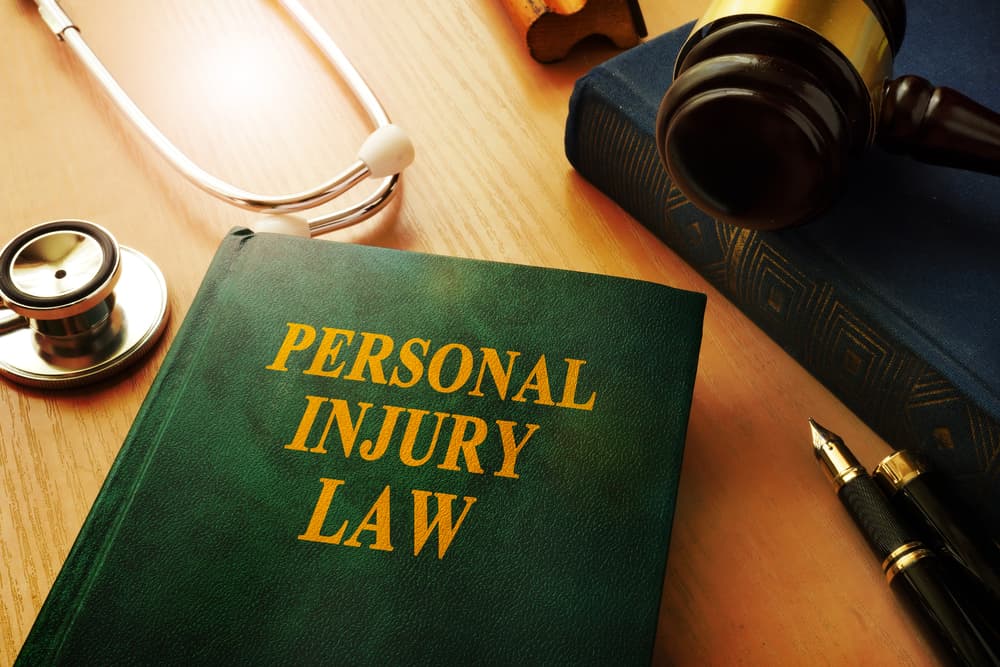
In a serious accident, victims who suffer a blow to the head may acquire a traumatic brain injury, otherwise known as a TBI. Some TBIs are more serious than others. Moreover, TBIs can lead to short- and long-term symptoms, depending on their seriousness.
If you or someone you care about has suffered a TBI in an accident resulting from negligence, you have legal options. After your accident, you should seek follow-up medical care at a hospital emergency room or urgent care center as soon as possible. Your next step should be to speak with a knowledgeable brain injury lawyer as soon as possible. Your lawyer can investigate the circumstances of your accident to determine your eligibility for filing a claim. If you are eligible to file a claim, your lawyer can assist you throughout the process.
Since a TBI is not a visible injury, it’s difficult to prove, and insurance companies are often skeptical. In many instances, insurance companies allege that TBIs result from pre-existing medical conditions or some other occurrence rather than the subject accident. Your lawyer can retain an expert to help you prove your TBI and causally connect it to your accident. Your lawyer will do everything possible to help you recover the full amount of compensation you deserve for your TBI and help fight back against the insurance company.
What Is a TBI?

A traumatic brain injury typically results from a forceful impact on a person’s head. A TBI can also happen when an object penetrates the head. The impact force may disrupt the neurons and axons in the person’s brain, which serve as the brain’s internal wiring system.
The impact might also cause the accident victim’s brain to move around inside their skull and strike the side of the skull. This may lead to a brain bruise, otherwise known as a concussion. These forceful brain movements can lead to short- and long-term symptoms for the accident victim.
Some TBI victims receive a diagnosis of a “mild” TBI, but this does not mean the injury isn’t serious. All TBIs are serious matters with potentially lasting complications – even so-called mild injuries.
These diagnoses might stem from:
- Headaches – A forceful impact on an accident victim’s head might cause them to experience headaches or migraines over an extended period. In most instances, headaches occur in the front part of the head and may radiate down the neck. These injuries are especially common when an accident victim’s head strikes something in the vehicle during a car accident. For example, the accident victim’s head might strike the steering wheel or headrest at the time of impact.
- Concussion – A concussion is a brain bruise from a forceful impact to the head. A concussion might cause the accident victim to lose consciousness briefly, leading to short-term memory loss, nausea, dizziness, and disorientation. Concussions can also cause persistent headaches, sleep disturbances, and other issues. These symptoms might clear up or they might persist and worsen over time. In either case, a concussion can have costly effects on your life.
Individuals can also suffer permanent head injuries that leave them debilitated for an extended period. For example, the accident victim might suffer an extended or permanent loss of consciousness, leaving them in a coma or permanent vegetative state.
Medical experts also classify TBIs in terms of their short and long-term symptoms. The symptoms that a TBI victim will suffer are typically dependent on the seriousness of the injury and the extent of the impact on their head.
Short-term TBI symptoms often include:
- Headaches
- Dizziness
- Short-term memory losses
- Nausea
- Lack of focus and concentration
- Disorientation
- Confusion
Long-term symptoms of TBIs include:
- Long-term memory losses
- Permanent inability to function
- Full or partial paralysis
If you or someone you love suffered any of these symptoms following an accident that resulted from negligence, you should speak with an experienced personal injury lawyer in your area as soon as possible.
In addition to investigating the circumstances of your accident, your lawyer can help you file a claim with the appropriate insurance company and work hard to negotiate a favorable settlement offer on your behalf. If the insurance company refuses to compensate you appropriately for your TBI, your lawyer can file a lawsuit in court and litigate your case to a favorable conclusion.
Need a Lawyer?
Reach out to the Lucas, Macyszyn, and Dyer Law Firm team to begin your consultation. We pride ourselves on providing exceptional case results and giving you the peace of mind you deserve.
What Kinds of Accidents Lead to TBIs?
Many TBIs happen when individuals and entities behave negligently. Negligence means failing to follow the prevailing standard of care and acting unreasonably under the circumstances.
Some of the most common accidents and occurrences that lead to TBIs include:
- Car and truck accidents – Motor vehicle accidents typically result from driver error. A driver is negligent when they fail to watch the road, operate their vehicle while intoxicated, or violate the rules of the road. For example, the at-fault driver might be speeding, failing to yield the right-of-way to another vehicle at the appropriate time, tailgating, or aggressively weaving in and out of traffic on a busy highway. When drivers carelessly execute these maneuvers, they significantly increase the chances that they will cause an accident. In a motor vehicle crash, the accident victim can strike their head on something in the vehicle, such as the door frame, window, steering wheel, or headrest, suffering a serious TBI. In some motor vehicle accidents, the impact is so forceful that it ejects the accident victim from their vehicle, causing them to strike their head on the ground.
- Slip and falls – Premises owners must always maintain their properties safely and carefully. This is especially true if they are running a business and inviting individuals onto their property for a business purpose. Property owners must regularly inspect their properties for unknown dangerous conditions. If they become aware of a hazard on their property, they must promptly warn about or correct it. If they fail to do so and an accident occurs, they and their insurance companies may be responsible for the damages. When floors are slippery and staircases and railings are defective, property visitors might slip, fall, and hit their heads on the floor, suffering a serious TBI.
- Defective products – Product manufacturers must design and manufacture their products safely and carefully. They must also test their products well before making them available to the public for purchase. When a manufacturing or design defect causes a product to malfunction or explode when a consumer uses it properly, the consumer can suffer a serious head injury that leaves them permanently injured and disabled. When that happens, the consumer can bring a claim or file a lawsuit against the product manufacturer, designer, distributor, or some other entity in the chain of product distribution.
- Bicycle and motorcycle accidents – Motorcyclists and bicyclists have very little protection when on the road. If they are in an accident, they do not have an outer metal shell surrounding them. Even if they are wearing a helmet, the helmet might crack if they strike the ground with a significant amount of force. When a car or truck operator is negligent, and they collide with a cyclist, it is almost always the cyclist who suffers the more serious injuries. If a cyclist’s head strikes the ground in an accident, they can suffer a traumatic brain injury or another serious injury that leaves them permanently incapacitated.
If you or a person you care about suffered injuries in an accident, talk with a knowledgeable personal injury lawyer in your area as soon as possible. Your lawyer can review your legal options with you and help you file a claim with the appropriate insurance company. Your lawyer can then help you settle or litigate the personal injury claim and bring it to a favorable conclusion.
Filing a Personal Injury Claim with the Appropriate Insurance Company
To recover monetary compensation for your TBI, you must file a claim with the appropriate insurance company. In most instances, your lawyer will deal with the insurance company for the at-fault person or entity.
Recovering monetary compensation for a TBI is often an uphill battle with the insurer. This is because insurance companies, as big businesses, will try to offer accident victims as little compensation as possible to resolve their TBI claims.
After all, the less money they pay out to satisfy a personal injury claim, the more money they can keep in-house and distribute to their shareholders. Therefore, many insurance companies will undervalue TBI claims and insist that the TBI is not causally related to the subject occurrence.
They might further allege that the accident victim had a pre-existing medical condition that precipitated the TBI symptoms they are currently experiencing. Consequently, in a TBI case, you need a knowledgeable brain injury lawyer on your side advocating for you and negotiating on your behalf every step of the way.
First, your lawyer can assemble the necessary documents to file a personal injury claim on your behalf. Those documents include copies of your medical records, medical bills, lost income statements, photographs of your property damage, imaging studies, and victim impact statement. Once the insurance company adjuster receives this information, they will decide whether to accept fault for the accident.
If they accept fault, your lawyer can negotiate a settlement offer for you. It will usually take several rounds of negotiations before the insurance company adjuster increases its offer appropriately. Your lawyer can also retain a medical expert to relate your TBI and related symptoms to your accident. A medical provider can also state—to a reasonable degree of medical certainty—that you suffered a permanent injury in your accident.
If the insurance company adjuster refuses to offer you the compensation you deserve for your TBI, your lawyer can file a lawsuit in court on your behalf. Even after filing a lawsuit, settlement negotiations may continue. However, the case will continue in the court system and proceed through various stages, including discovery.
If the case remains unresolved by the end of litigation, you can take it to a jury trial, where a jury will decide the outcome of all disputed issues. Alternative dispute resolution options, like mediation or binding arbitration, might also be available if the insurance company agrees to them.
Your lawyer can help you decide whether you should accept a pending settlement offer from the insurance company or file a lawsuit and litigate your case to a conclusion in the court system.
Recoverable Damages in a TBI Case
TBI victims often suffer pain and symptoms well into the future—and sometimes for the remainder of their life. Therefore, they may be eligible to recover various damages.
Recoverable damages in a TBI case include compensation for medical expenses, lost wages, inconvenience, pain and suffering, humiliation, mental distress, permanent disability, permanent memory losses, loss of the ability to use a body part, loss of life enjoyment, and loss of spousal companionship.
Your lawyer can help you recover the full amount of damages you deserve after suffering a TBI due to someone else’s negligence. A TBI can be costly in many ways, and victims deserve as much financial assistance as possible after a preventable brain injury.
Call a Brain Injury Lawyer Today about Your TBI—and Your Legal Options

If you or a loved one has suffered a TBI in an accident that resulted from someone else’s carelessness, time is of the essence. Accident victims do not have an unlimited period to file a claim or lawsuit arising from their TBI. In fact, in some jurisdictions throughout the country, accident victims only have one year from their accident date to file a lawsuit seeking damages.
Your lawyer can meet with you right away to discuss your TBI and its impact on your overall life and well-being. Your lawyer can then timely file a claim or lawsuit on your behalf and work to maximize the compensation you recover in your brain injury case. Never wait to begin protecting your rights against the insurance company after a brain injury. Contact a personal injury lawyer to begin your consultation.



